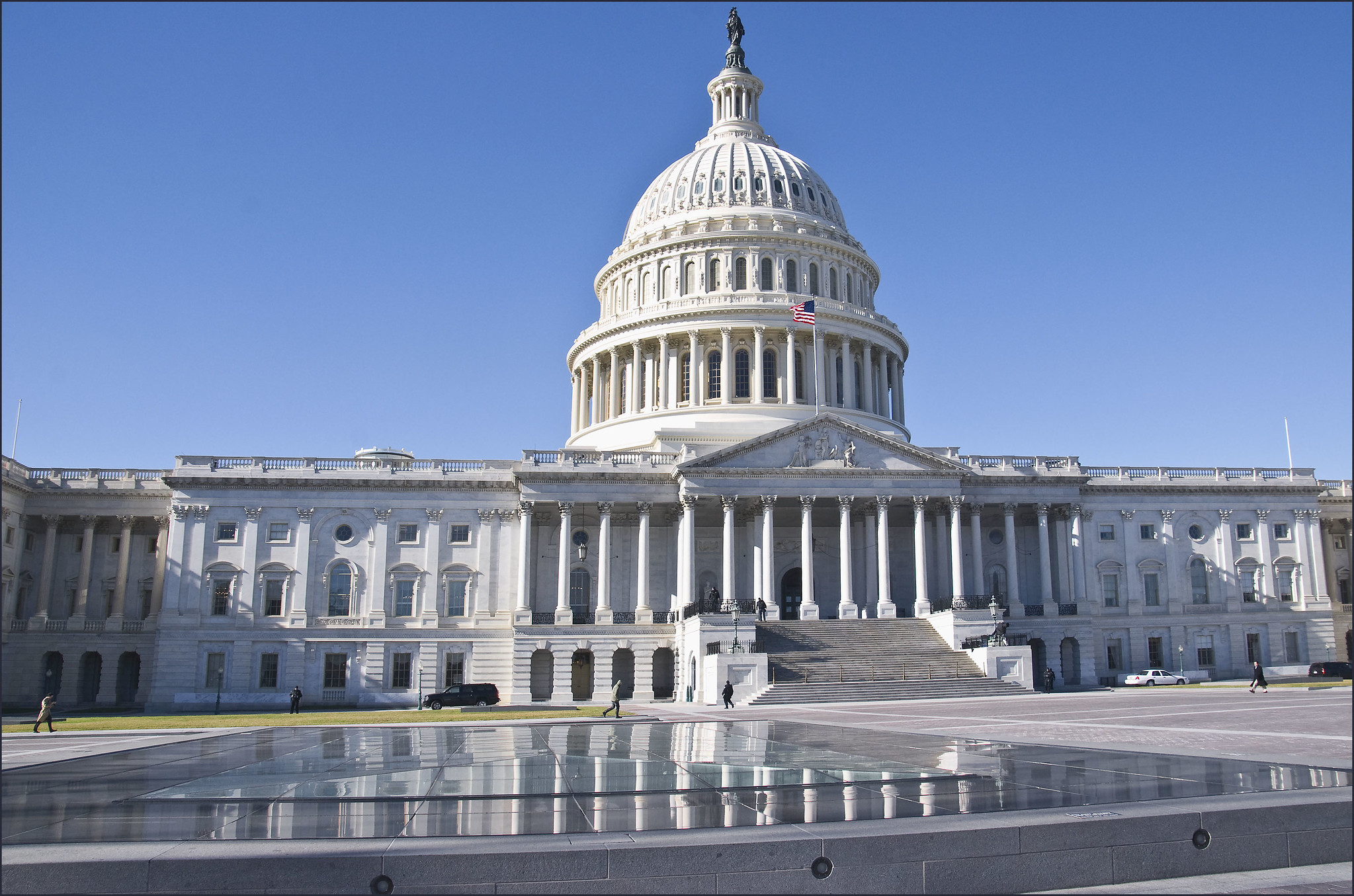The Way Forward on Congressional Subpoena Reform
A bill before the House could give Congress what it needs in its conflicts with the executive branch while acknowledging executive branch prerogatives and broader constitutional traditions.

Published by The Lawfare Institute
in Cooperation With

The House of Representatives will soon vote on the Protecting Our Democracy Act (PODA), a bill that includes many vital reforms of the presidency. A proposal in the bill to speed up judicial review and enforcement of congressional subpoenas against recalcitrant executive branch officials has been a sticking point between Congress and the Biden administration. But there is a way forward that gives Congress what it needs in its conflicts with the executive branch while acknowledging executive branch prerogatives and broader constitutional traditions.
Presidential resistance to congressional requests for information is nothing new—it dates back to the George Washington administration. Such disputes often represent a genuine clash of constitutional interests: Congress needs to know what the executive branch is up to in order to perform its constitutional oversight and legislative role, and the executive branch often has a need to keep certain types of information secret to promote candid deliberation and protect other executive branch functions.
Clashes of this sort historically have been resolved not in court but, rather, in what the Supreme Court recently described as a “tradition of negotiation and compromise” that involves “the ‘hurly-burly, the give-and-take of the political process.’” As a lower federal court famously noted in 1977, the Constitution in this context contemplates that “each branch should take cognizance of an implicit constitutional mandate to seek optimal accommodation through a realistic evaluation of the needs of the conflicting branches.”
Unfortunately, this process, like so much in American political life, has broken down in recent years due to political divisiveness and polarization. The Trump administration defied congressional subpoenas without much of an effort at accommodation and compromise. Other presidents before Trump sometimes did as well. Congress sometimes responds by trying to enforce its subpoenas in court. It has been generally unsuccessful, however, because such disputes take years to litigate, which is too long given Congress’s need for timely information. The Congressional Research Service concluded that such delay results in Congress losing “both the value of the disclosure and the committee’s ability to engage in effective, timely oversight.”
The core solution to this problem is obvious: require the courts to work as fast as possible to resolve these separation of powers disputes. PODA would accomplish this by giving Congress an express right to bring such cases and by making it a “duty of every court of the United States to expedite to the greatest possible extent the disposition” of such cases. This proposal enjoys bipartisan support. Republican Rep. Darrell Issa proposed similar legislation in 2017 that passed the House in a voice vote. Both parties in Congress have a long-term institutional interest in strengthening the first branch’s hand in its disputes with the executive branch.
Any proposal for fast-track judicial enforcement of congressional subpoenas must serve the underlying constitutional imperative of promoting accommodation and compromise between the branches. PODA nods in this direction by requiring the congressional entity that sues the executive branch to first certify to a court that it “conferred or attempted to confer with the recipient of the subpoena to secure compliance with the subpoena without court action.”
But merely “conferring” with the executive branch is not enough. This provision should be amplified to require the congressional plaintiff to provide a detailed accounting of its efforts to reach an accommodation with the executive branch and to authorize the court to independently examine these efforts for consistency with the underlying constitutional interests. The process should not be drawn out in ways that would justify a significant delay. Yet it would not serve the relevant constitutional norms to allow Congress to sue for subpoena compliance without good-faith engagement on accommodation first, subject to judicial review.
PODA would also impose financial penalties on government or private defendants who “willfully fail to comply with any part of a congressional subpoena.” This personalization of subpoena enforcement threatens to weaponize a litigation process that should aim toward interbranch accommodation. It is also unnecessary to Congress’s subpoena enforcement aims if the core rigorous fast-track procedure is enacted. This provision serves no constructive role and should be cut.
We are at an unusual moment when there is bipartisan congressional support for strengthening Congress’s subpoena power and a president who appears open to addressing executive branch overreach and the erosion of norms on a range of issues. PODA offers a way to achieve historic reform in this area of perennial executive-legislative conflict if it is modified to respect the prerogatives of both branches and preserve the means of achieving such mutual respect: accommodation.



.jpg?sfvrsn=5a43131e_9)

